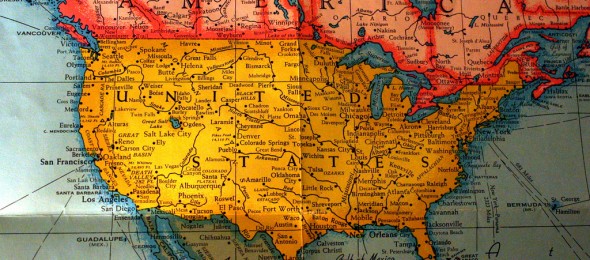S.I. Strong, Manley O. Hudson Professor of Law at the University of Missouri School of Law, has published “Anti-Suit Injunctions in Judicial and Arbitral Procedures in the United States,” 66 American Journal of Comparative Law __ (Forthcoming); University of Missouri School of Law Legal Studies Research Paper No. 2017-25. In her journal article, Professor Strong analyzes when the exceptional remedy of anti-suit injunctions may be appropriate in the context of judicial and arbitration proceedings.
Below is the abstract:
Parallel proceedings are on the rise around the world as parties seek to establish a strategic advantage over their opponents by filing competing claims in different fora. Although there are times when multiple actions are allowed or even necessary, one of the most common responses to undesirable litigation or arbitration, at least for parties with access to a court in a common law jurisdiction, involves a motion for an anti-suit injunction.
Conventional wisdom, particularly among lawyers and academics in civil law countries that do not provide for anti-suit injunctions, often suggests that U.S. judges are eager to enjoin foreign proceedings so as to protect the jurisdiction of U.S. courts. In fact, anti-suit injunctions are considered to be exceptional remedies that are be granted sparingly. To some extent, this misperception may be based on a few high-profile cases that have caught the attention of proceduralists around the world. However, the problem may also stem from a significant split among U.S. courts in how to respond to requests for anti-suit injunctions. While all state and federal courts consider anti-suit injunctions to be extraordinary in nature, some circuits have adopted a more relaxed standard toward granting this type of relief and thus may fueling international consternation.
This Article seeks to set the record straight about anti-suit injunctions by analyzing the various tests relating to anti-suit injunctions and identifying when such relief is most likely to be granted. In so doing, the discussion not only considers “standard” anti-suit injunctions in both domestic and international settings but also addresses some of the more unusual procedures, such as anti-arbitration injunctions, anti-enforcement injunctions, and anti-anti-suit injunctions. While much of the analysis focuses on situations involving competing judicial actions, the text also covers the growing number of cases involving both litigation and arbitration.
This and other scholarly works authored by Professor Strong are available for download from the Social Science Research Network.
Photo credit: Mr.Lujan on Foter.com / CC BY-ND














